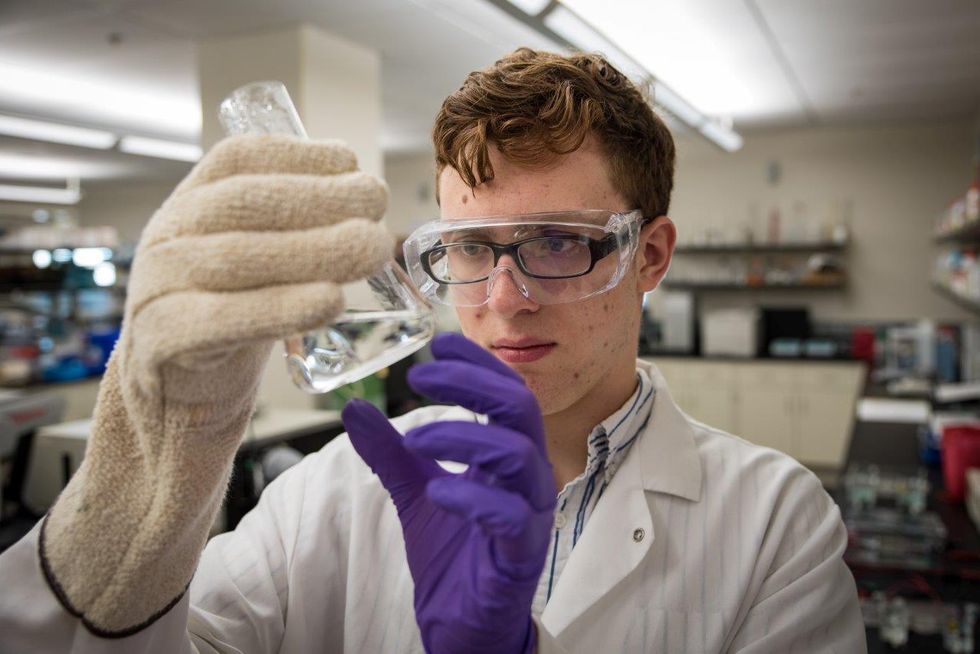When you’re at college, the first question you ask anyone you meet (after their name) is what their major is. For college students, that question says everything about a person, from the classes they take and the campus they spend all their time on to their interests, passions, and even personality. At least, that’s how we see it, even if it’s not always the most accurate interpretation.
With an undecided freshman like me, new people are often at a loss. So they turn to the next best question to determine what kind of person I am — are you in STEM or humanities?
The dichotomy between these two disciplines and the generalizations that come along with it constantly makes me angry. At my school, a huge public research university, STEM fields seem to always take precedence over liberal arts. So much so, in fact, that the attitude invades students’ perspective and culture. More than that, this preference is present in the policies and requirements of my university.
When I started my first semester, I knew I had many requirements to complete, including a number of ‘honors’ courses. What I didn’t expect was how almost every single ‘honors’ course offered was in a STEM field like biology, chemistry, or calculus. For many majors, including some of the ones I was considering, there was no way for me to fulfill my requirements. The underlying assumption that honors students would almost all be pursuing STEM fields shows hows thinly veiled the contempt for humanities is here. It’s frustrating to see a school that constantly brags about being ‘interdisciplinary’ making it so difficult to pursue so many of those disciplines.
But the preference for science, engineering, math, and technology goes deeper than the policies - it has important consequences for student’s attitudes. While there is obviously nothing wrong about pursuing a career in STEM, I find it dangerous when students become completely shut off from humanities, as I so often see at my university.
College is a time for growth, exploration, and critical thought. So while engineers or pre-med students are inundated by challenging classes that test their problem-solving skills and technical knowledge, they don’t have the time to think about race, gender, philosophy, literature and more. The result? A generation of students who believe their brilliance in math and science extends to all disciplines, while in reality, they have a lot more to learn about important aspects of society.
Meanwhile, humanities students scoff at STEM students, not understanding why anyone would voluntarily put themselves through years of math, chemistry, and physics. This of course, has its own problems. While a history major might be well versed in societal issues, how will they be able to stop those issues from repeating themselves? Isolating any one discipline could have scary consequences.
I have always loved both sciences and humanities (big shock that I haven’t decided on a major). But now that the time for me to make my choice is rapidly approaching, I’m realizing how incredibly difficult it will be for me to combine those passions here. Instead of feeling like the odd one out, though, I should be joined by hundreds of other students, who, like me, appreciate the absolute necessity for interdisciplinary learning.









































